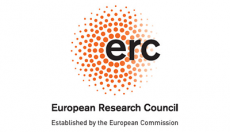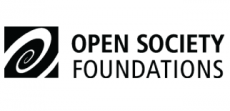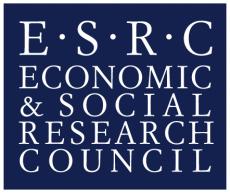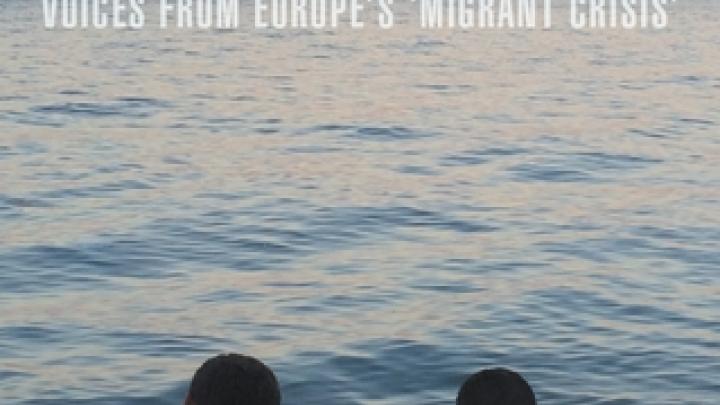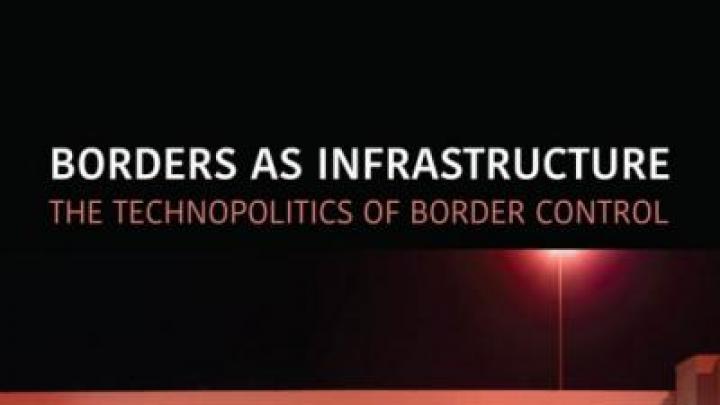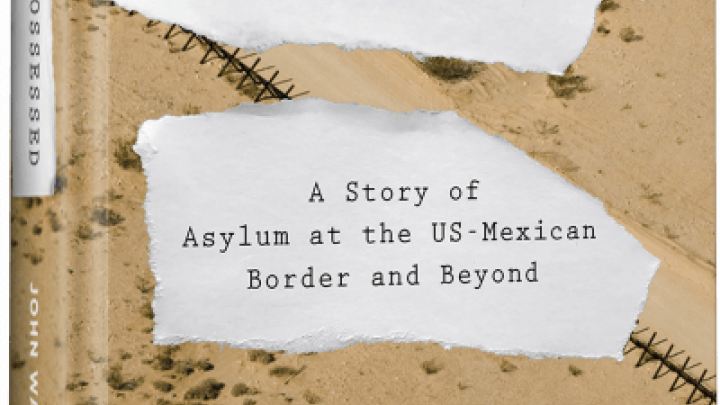Book Review: Humanitarianism and Mass Migration: Confronting the World Crisis
Posted
Time to read
Guest post by Melanie Vasselin. Melanie currently works as an immigration advisor for refugees and other vulnerable migrants based in London. She previously represented asylum seekers under legal aid. She holds an MSc in Human Rights from the London School of Economics, in which she explored human rights from sociological and legal perspectives. She previously obtained an undergraduate degree in Politics and English Literature at the University of Glasgow, and also has a Graduate Diploma in Law.
Review of Humanitarianism and Mass Migration: Confronting the World Crisis edited by Marcelo M. Suárez-Orozco (University of California Press, 2019).
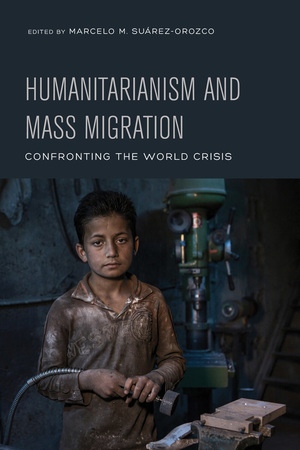
Humanitarianism and Mass Migration is a vast work encompassing a wide range of academic disciplines, focal points, and responses to contemporary migration. The book’s geographical focus is twofold: migrations from Central American countries – primarily Guatemala, Honduras, and El Salvador – to the United States southern border; and migrations across the Mediterranean into Europe. Allusions to mass migrations to neighbouring countries, such as Turkey, are chiefly identified as a significant gap in the literature to be filled. While there is a breadth of academic disciplines represented in the volume, it is written accessibly, without requiring specialist knowledge in any one area.
By combining data-driven research with crucial ethical discussions, the book dispels common myths relating to migrants and migration patterns. Fonna Forman and Veerabhadran Ramanathan’s chapter on climate change-induced migration compellingly advocates for an immediate ethical response to climate change rather than delaying action to await more accurate scientific models. In the context of Central American migration to the US, Roberto Suro’s contribution offers a granular, detailed analysis of the common threads and discontinuities of migration patterns, dispelling common misconceptions about the composition of migrants and the notion that recent migration spikes are an anomaly rather than an outgrowth of previous flows.
Another excellent analysis is Crul et al’s chapter on the integration of refugee students in three educational contexts: Turkey, Germany, and Sweden. Their conclusions on successful educational policies for refugee children offer transferable lessons for many other countries. Borgonovi et al’s analysis of the educational outcomes and social integration of immigrant students across OECD countries helpfully dispels the common perception that larger numbers of immigrant students lead to lower educational outcomes in schools. In fact, it is socio-economic deprivation in the host community which drives down educational outcomes. In the US context, Mary C. Waters notes that many policies which would improve the integration of immigrants’ children are universal policies which would also assist other Americans, particularly those who are racialised or comparatively poor. Waters builds on this insight, combined with the fact that migrants lack citizenship, to propose a human rights-based approach to advocacy for migrants rather than one based on the American tradition of civic rights. Sarah Dryden-Peterson similarly relies upon a human rights conception to propose more inclusive educational models for refugees, and Jacqueline Bhabha also advocates a right-based model for migrant children.
The discussion of education is prominent, and ranges from the aspirational approaches detailed in Irina Bokova's chapter, through Pierre Léna's insights into the potential of science education for refugees, to James A. Banks's development of a 'conceptual framework' for educating immigrant and citizen students alike on their positions in the host society. Banks explores tensions between the cosmopolitan approach of human rights, and 'multicultural education' which focuses on the role of the nation-state, contributing to the wider discussion of human rights discourse in opposition to a civics-based approach to ethical policies regarding migrants.
This book differs from other studies of migration in its multidisciplinary nature, as well as its very particular ethical grounding in a predominantly Catholic-influenced humanism. While no chapter is devoted solely to a philosophical or ethical theory of migration (with the possible exception of the Epilogue), an ethical undercurrent runs throughout the volume and appears prominently in some contributions. The ethical outlook is humanistic in nature, with a strong emphasis on empathy and human connection, often rooted in Catholicism. This Catholic humanist ethic emerges in Mary C Waters' advocacy for the Catholic Church (and other faith-based organisations) to be 'moral leaders' in migration policy. However, this ethic is drawn out most explicitly in Marcelo M. Suárez-Orozco's Introduction, and in Marcelo Sánchez Sorondo's Epilogue, which sets out Pope Francis's views on migration alongside political theory.
An ethical grounding is also evident in the research methodology and emphases of some contributions. Carola Suárez-Orozco insists on the urgency of bridging the ‘empathy gap’ and ‘compassion gap’, and of creating 'ecologies of care', with a focus on the resilience of immigrant children and youth. Richard F. Mollica’s contribution also emphasises the importance of treating refugees holistically in a therapeutic context, with a solidaristic approach to trauma and recovery focusing on all aspects of the individual and foregrounding their views and capabilities. Another chapter on ‘Addressing Mental Health Disparities in Refugee Children through Family and Community-Based Prevention’ approaches preventative mental health treatment with a vital participatory methodology which goes beyond mere inclusiveness to truly enabling participants themselves to directly facilitate therapy sessions, and to feed directly into the research findings. Similarly, Hirokazu Yoshikawa, Alice J. Wuermli and J. Lawrence Aber's chapter on the impact on youth of forced displacement, refugee status, and unauthorized status focuses on the protective and promotive factors youth have developed, and which they can draw on to overcome adversity. These approaches highlight the agency of individual migrants, countering common narratives which highlight large numbers of migrants and de-emphasise their humanity, agency, and resilience.
The subtitle of this book characterises contemporary migration as a 'crisis'. However, this characterisation is also countered by a humanistic emphasis on the individual migrant's suffering and the fostering of empathy. If a single conclusion can be drawn from such disparate chapters, it is this: mass migration should not be thought of as an isolated 'crisis'. Rather, societies around the world receiving large numbers of immigrants should ask themselves what they can do to best integrate and take responsibility for migrants, for the sake not only of those individual migrants, but also for the benefit of their own societies as a whole.
While at times the subjects of the chapters appear very disparate – from overcoming the 'crisis of connection' in schools, to the conditions of various refugee camps in Greece – there are many unifying themes and cross-references. An urgent focus throughout the book is on children, who form a large proportion of migrants and refugees globally but are often side-lined in migration policies. A deeply humanistic outlook and a commitment to empathising and connecting with vulnerable migrants underpin the contributions to this edited volume. The excellent introduction ties together these themes and conclusions, within the broader context of global migration.
Any comments about this post? Get in touch with us! Send us an email, or post a comment here or on Facebook. You can also tweet us.
How to cite this blog post (Harvard style):
M. Vasselin. (2022) Book Review: Humanitarianism and Mass Migration: Confronting the World Crisis. Available at:https://blogs.law.ox.ac.uk/border-criminologies-blog/blog-post/2022/09/book-review-humanitarianism-and-mass-migration. Accessed on: 27/04/2024Share
YOU MAY ALSO BE INTERESTED IN
With the support of



